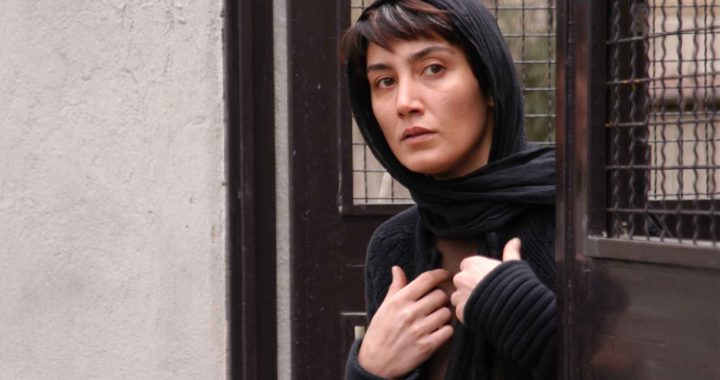Yes, I realize it’s almost halfway through 2016 already, but I wanted to be thorough and make sure I watched as many of 2015’s output before finalizing my list. The year end onslaught of Academy Award-ready films can be difficult to keep up with when you have another full-time job to attend to. Without further ado, here are my favorite films of the previous year.
11. Shaun the Sheep the Movie

Immaculately detailed and expertly choreographed, Shaun the Sheep is yet another great stop-motion film from Aardman Animations, the makers of Chicken Run. The film pulls from the best silent movies to produce an endearing, slapstick comedy with endlessly entertaining visual gags.
Streaming options
10. Predestination
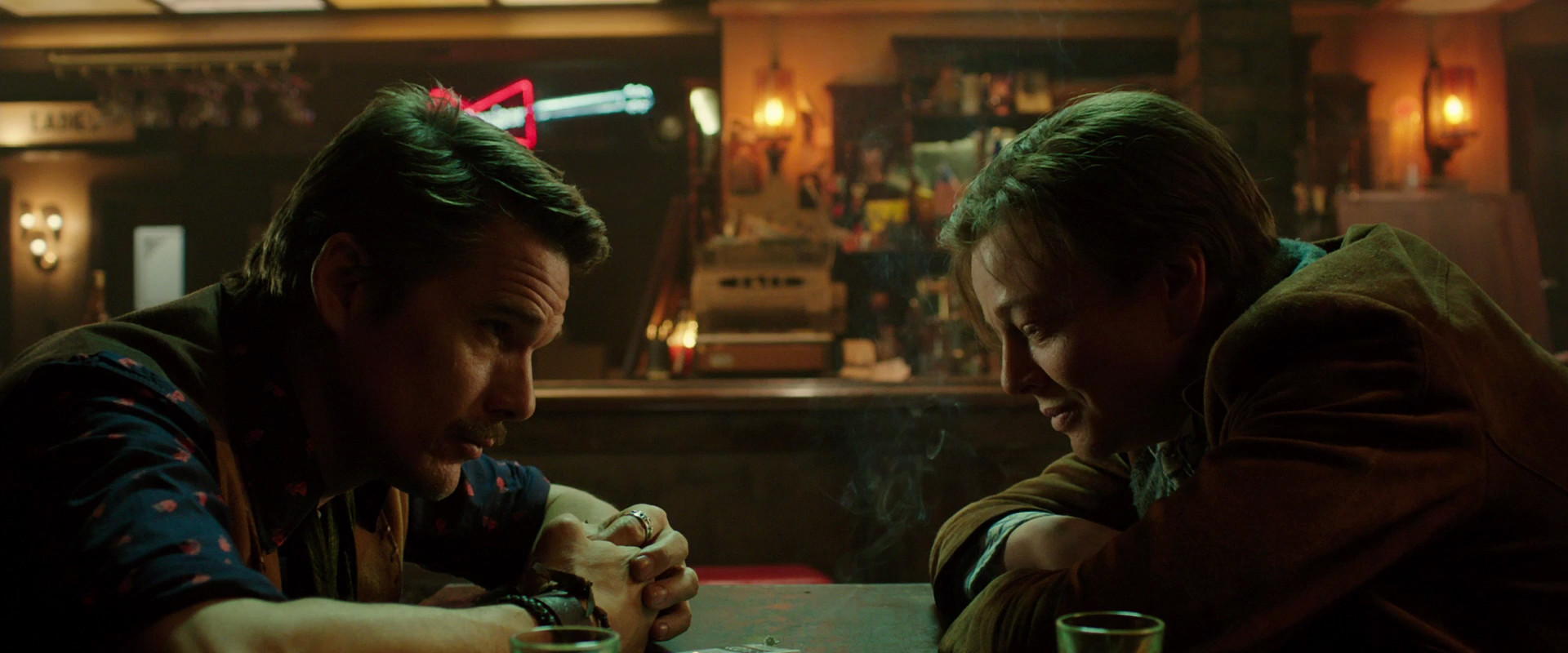 “What if I could put him in front you, the man that ruined your life?” Ethan Hawke plays a temporal agent traveling through time with his recruit Sarah Snook to prevent the bombings of a terrorist known as “The Fizzle Bomber”. The plot doesn’t take itself too seriously and instead makes use of the strong performances from its leads to explore the nature of cause and effect. Predestination is fun, twisty sci-fi at its best.
“What if I could put him in front you, the man that ruined your life?” Ethan Hawke plays a temporal agent traveling through time with his recruit Sarah Snook to prevent the bombings of a terrorist known as “The Fizzle Bomber”. The plot doesn’t take itself too seriously and instead makes use of the strong performances from its leads to explore the nature of cause and effect. Predestination is fun, twisty sci-fi at its best.
Streaming options
9. The Gift
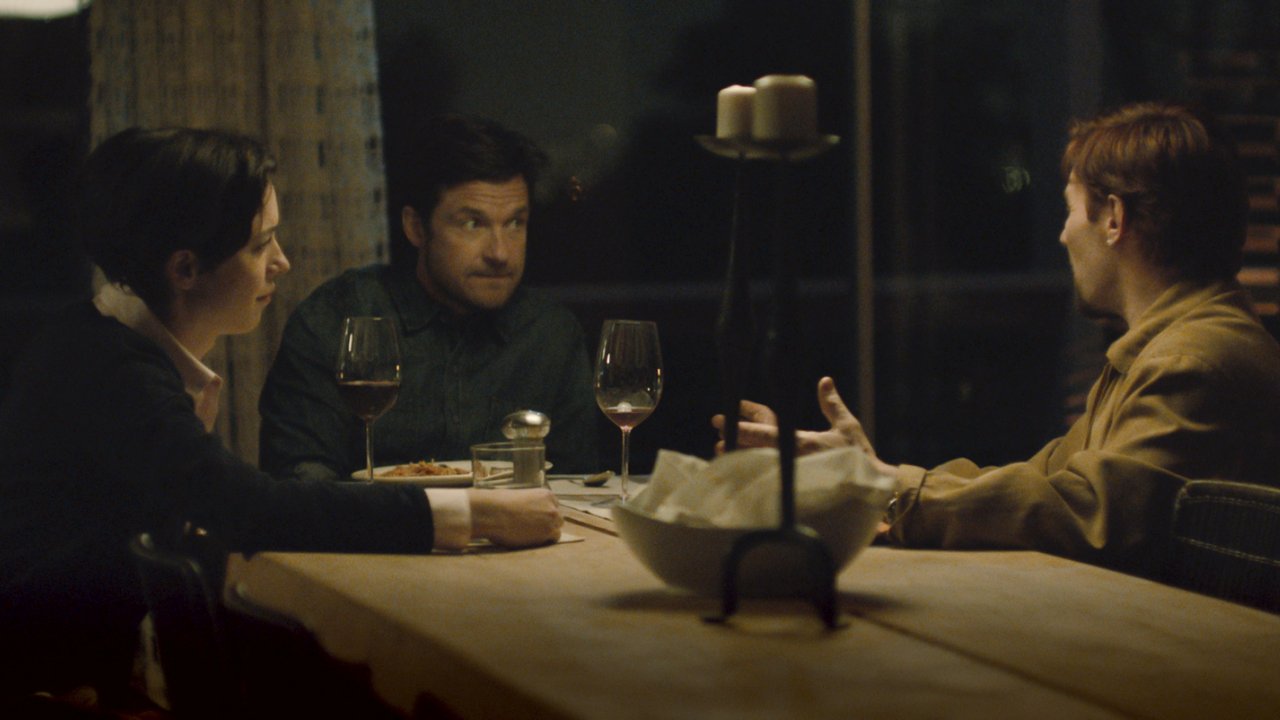
The directorial debut of actor Joel Edgerton is a psychological thriller masquerading as a horror film. After Simon and Robyn (Jason Bateman and Rebecca Hall) move to Los Angeles they run into an old friend of Simon, Gordo (Edgerton), who begins making unannounced visits and giving overly generous presents. Slowly the relationship dissolves and the past between Simon and Gordo is brought into question. Edgerton’s film draws heavy influence from Michael Haneke’s Caché in that it focuses on the guilt and repercussions of the past. Does time really heal all wounds? The Gift has a response to that question.
Streaming options
8. Meet the Patels

Meet the Patels is a heartfelt, often hilarious, documentary about the issues faced by 1st generation Americans caught between the culture they experience every day and that of their heritage. Co-directed by brother and sister Ravi and Gita Patel, the film shows Ravi as he takes the plunge into finding a spouse through an arranged marriage. Instead of making this overly serious, Meet the Patels affectionately focuses on the importance of bonds between this charismatic family.
Streaming options
7. 99 Homes

Centered on the 2008 housing crisis, 99 Homes looks at the human cost of financial disaster. Andrew Garfield plays a young construction worker kicked out of his family home by Michael Shannon. What ensues is an unexpectedly tense exploration of both the winners and losers of the collapse. It shows what greed, desperation, and even success can do to the relationships we value most.
Streaming options
6. Spotlight

Spotlight features news reporters tackling a deep rooted problem deliberately hidden by the powers that be. The year’s best ensemble cast featuring Michael Keaton, Rachel McAdams, and Mark Ruffalo deal with the struggle of not only finding the truth but clashing with the culture of a city and a religion. Always somber and honest, Spotlight treats its serious subject matter with the respect and attention to detail it deserves.
Streaming options
5. Me and Earl and the Dying Girl
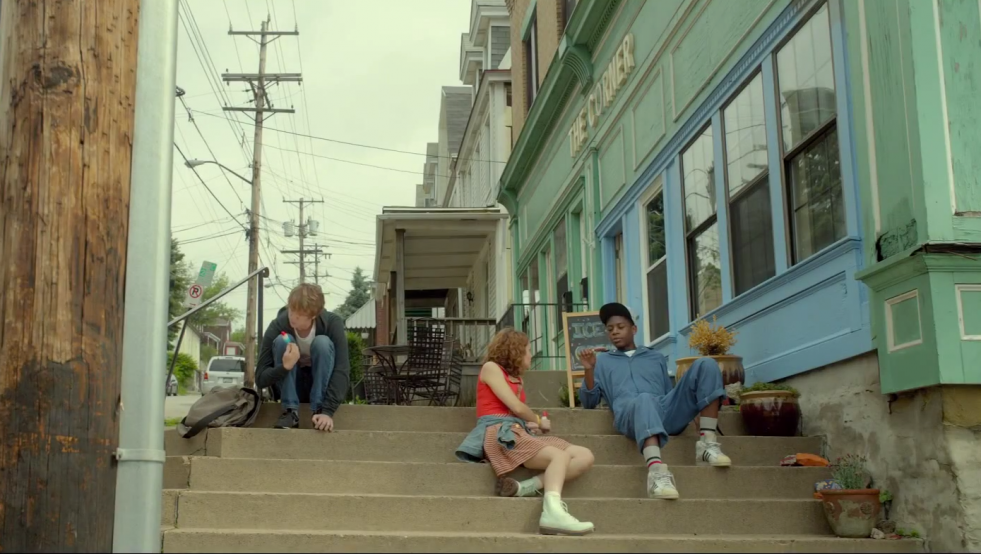
This film follows a boy and his friend as they begin a relationship with a girl who has just been diagnosed with cancer. While it falls into many of the standard Sundance tropes, it elevates above these with the gravity of its subject matter. The main character has to come to terms with his friend’s condition as well as his own changing life. Part coming of age story and part tribute to cinema (the film features “sweded” parody versions of classics a la Michel Gondry’s Be Kind Rewind), Me, Earl, and the Dying Girl is an expertly directed film about dealing with loss during adolescence.
Streaming options
4. Mad Max: Fury Road

George Miller revives his classic franchise with some of the best vehicular combat ever shown on screen. The film is a 2 hour long car chase that uses incredible practical stunts that put the standard CG effects to shame. With breakneck pacing and surprisingly poignant quiet moments, Mad Max: Fury Road is the automobile action movie we’ve been waiting 30 years for.
Streaming options
3. The Tribe
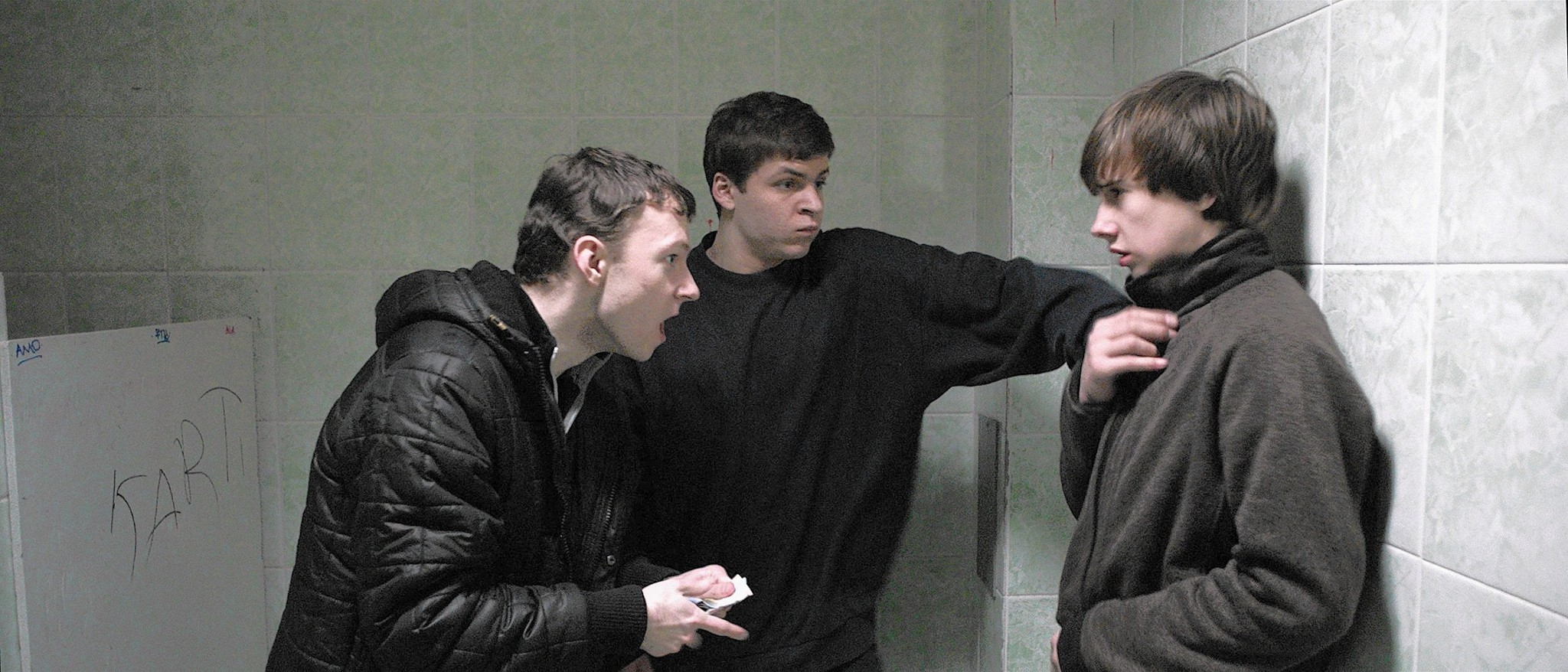
Filmed using only deaf actors signing and lacking any subtitles, The Tribe is an experiment in visual storytelling. At first, the decision seems troublesome as it immediately alienates the audience, but as the film continues the subtleties of each scene begin to tell the story. The gait of a character, the way they stand next to others, or the speed at which they sign all convey the actions taking place. As The Tribe explores an underground crime ring at a school for the deaf, it uses its purely visual approach to wordlessly express complex emotions.
[BS Note: NSFW. Extremely explicit and not for everyone]
Streaming options
2. Wild Tales

Composed of six unrelated humorous revenge stories, Wild Tales showcases scenarios exaggerated just slightly beyond the realm of reality but not out of its reach. The characters, while seemingly normal, always overreact to their situations leading to ridiculous outcomes. The film is bursting with manic energy and earns its laughs through creative set ups. Easily the funniest film of the year.
Streaming options
1. Love

When Gaspar Noé announced his next movie was going to be called Love, I thought the title must be ironic. Surely the man who directed Irreversible and is often accused of nihilism wasn’t actually covering that territory. Yet, that is exactly what he did. Love is simultaneously Noé’s most personal and most indulgent work. There are characters named both Gaspar and Noé with the latter played by him and some scenes are exercises in unnecessary exhibitionism. Most of the news covering the film has focused on the details of its production and its explicit nature, but that is missing the point of the movie. Love, flaws included, is exactly the film Noé wanted to make. It’s a film that explores all aspects of the titular emotion. The spark of a new relationship, the heartbreak that can follow, and, unlike other films, physical desires. In other movies, intimate scenes between characters are unnecessary and voyeuristic, almost like a requirement needed to show how “adult” a film is. Here, Noé builds the entire film around these scenes. The physical contact is an extension of the emotions felt by the characters. With only a few exceptions, they are meaningful scenes that develop the characters and build their relationships. Combined with Benoît Debie’s beautiful visuals and an entrancing soundtrack, the film casts a hypnotic spell, pulling the viewer into the feelings – both physical and emotional – that love brings.
[BS Note: NSFW. Extremely explicit and not for everyone]
Streaming options
Honorable Mentions:
- Sicario
- Brooklyn
- About Elly
- Steve Jobs
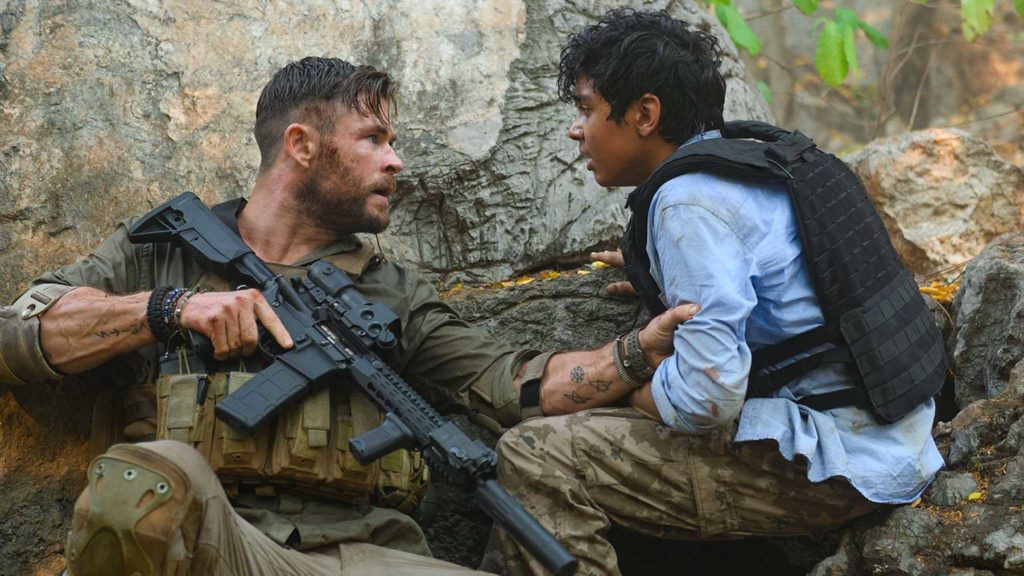

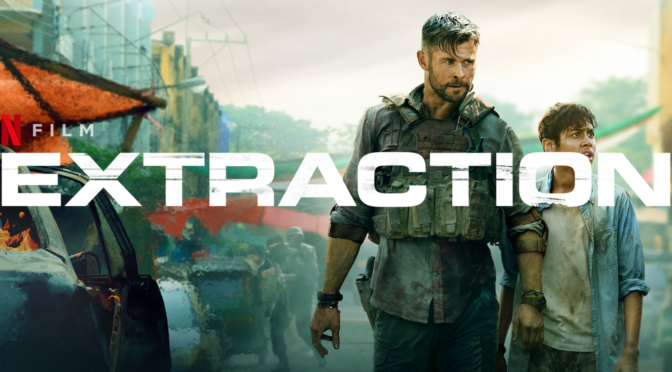
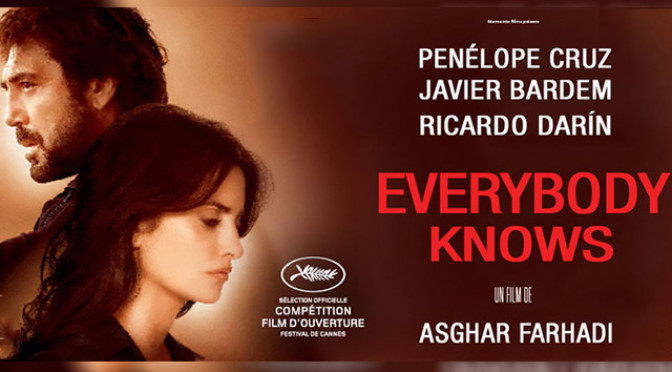
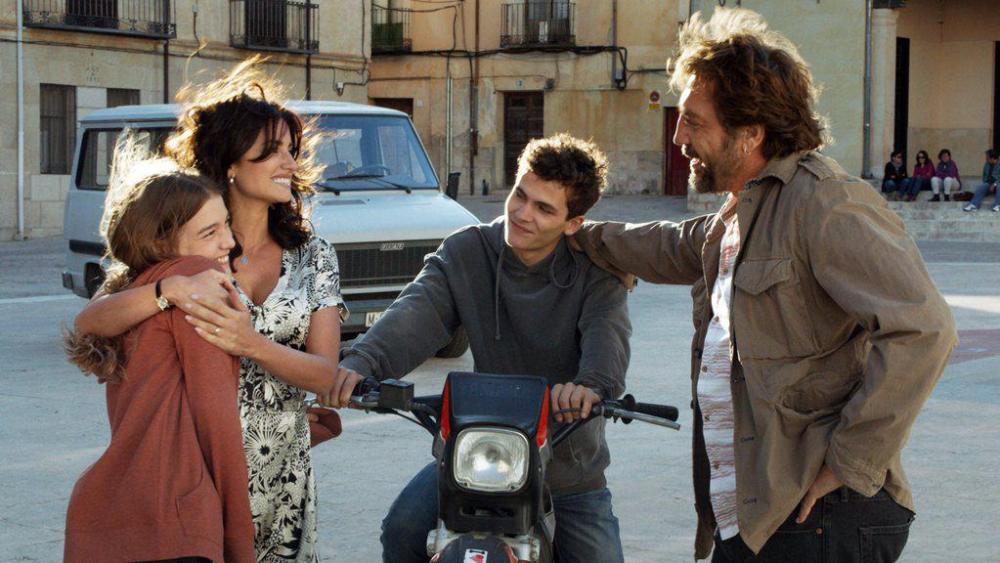
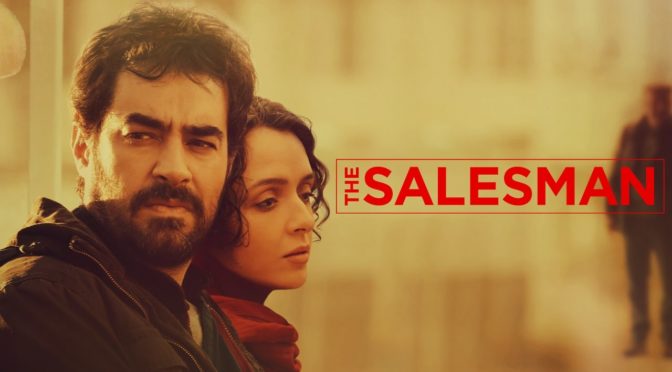
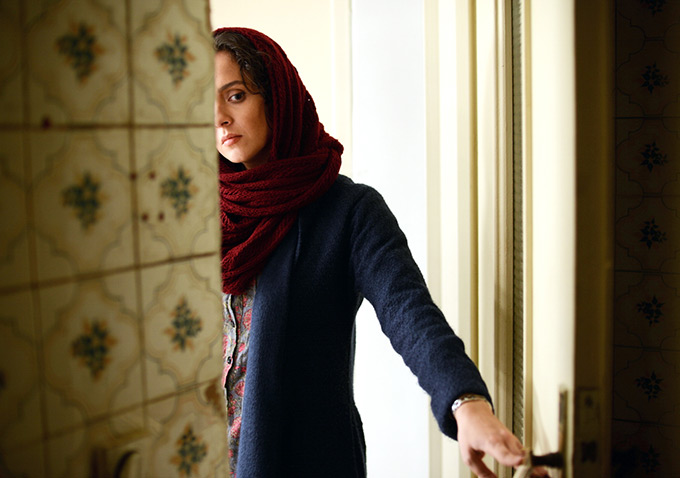



 “What if I could put him in front you, the man that ruined your life?” Ethan Hawke plays a temporal agent traveling through time with his recruit Sarah Snook to prevent the bombings of a terrorist known as “The Fizzle Bomber”. The plot doesn’t take itself too seriously and instead makes use of the strong performances from its leads to explore the nature of cause and effect. Predestination is fun, twisty sci-fi at its best.
“What if I could put him in front you, the man that ruined your life?” Ethan Hawke plays a temporal agent traveling through time with his recruit Sarah Snook to prevent the bombings of a terrorist known as “The Fizzle Bomber”. The plot doesn’t take itself too seriously and instead makes use of the strong performances from its leads to explore the nature of cause and effect. Predestination is fun, twisty sci-fi at its best.






